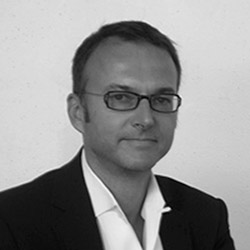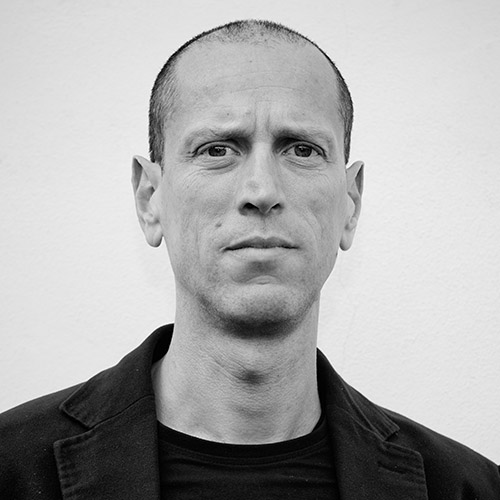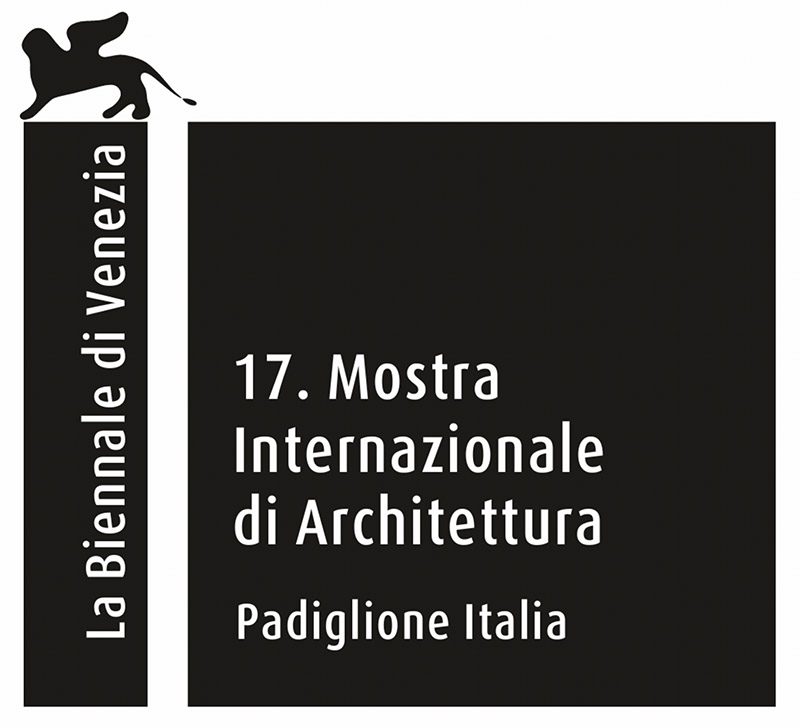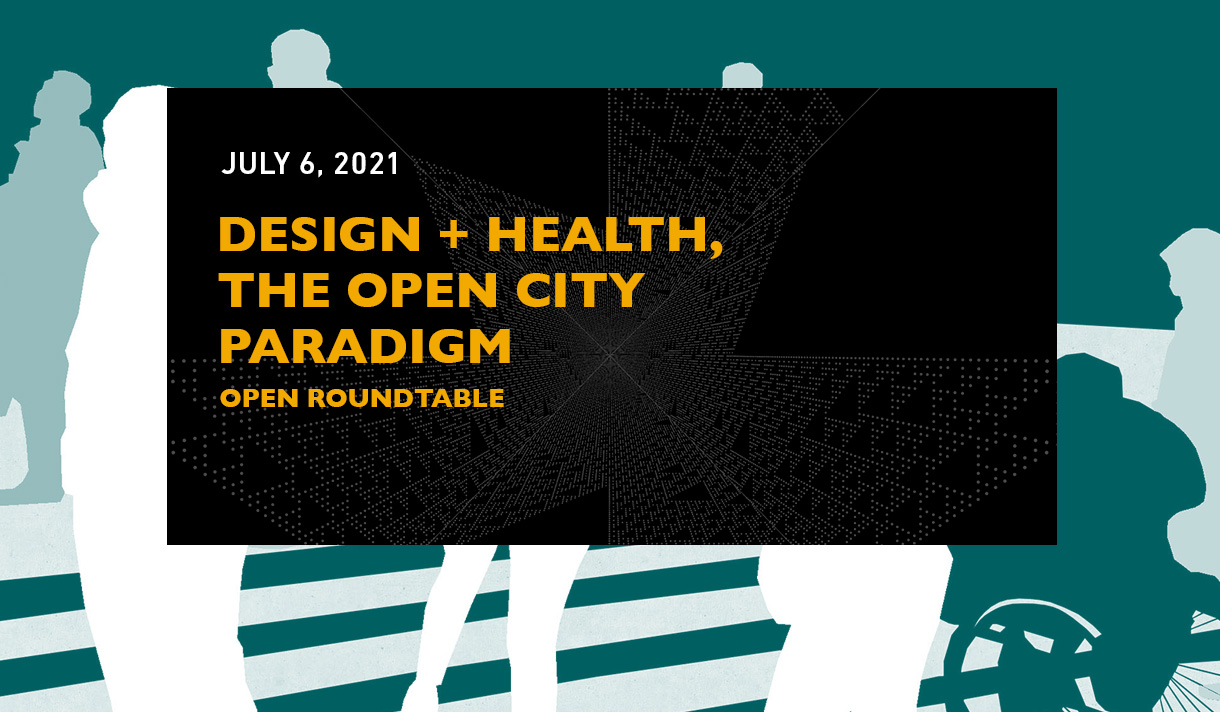Event
Design + Health, The Open City Paradigm Open Roundtable
July 6, 2021
9:00 AM – 11:00 AM
In this open-to-the-public and virtual roundtable (part of an exhibition at the 2021 Architecture Biennale in Venice, Italy), we will discuss ideas on how to go beyond common practices within disciplinary domains to explore new ground in three systemic contexts of resilience and community capacity-building: health, food, and urban systems. We will present early findings on this approach, which we call "Design + Health," and discuss how it may impact urban design through a pilot student-community project in the Delta region in Arkansas in the U.S.
Participants will discuss their own approaches and how a transdisciplinary perspective (based on community feedback) and new remote and virtual experiences might integrate all three ecosystems (health, food, urban) into a novel design approach for resilience capacity building.
Presentation and Moderation
- Christian R. Pongratz, M.Arch, Professor of Architecture, New York Institute of Technology
- Chris Lawer, Independent Scholar and Founder, Umio
Adjunct Clinical Instructor, College of Osteopathic Medicine, New York Institute of Technology
Video Presentation:
- Arkansas Smackover Team: Naomi Codo, Becky Lung, Katie Trainor
- Arkansas Lewisville Team: Gina Bonanno, Madison Cruz, Briana Pereira, Sara Raghunath
Panelists

Edgar Stach, Ph.D.
Professor, Thomas Jefferson University College of Architecture and the Build Environment & College of Design, Engineering and Commerce
Bio
Edgar Stach writes about technology and design, structure, and form as well as energy and performance. He previously taught at the Bauhaus University in Weimar, Germany, the University of Tennessee, USA, and Delft University of Technology, the Netherlands. He teaches architectural design, technology, and methods of construction.
Educated in Germany and Austria, he studied architecture at the RWTH Aachen University, Germany, and the TU Wien, Austria. He received his Dr.-Ing. (Ph.D.) from the TU Braunschweig in Germany for his thesis on design principles for daylighting systems in museums. A licensed architect, his practice focuses on synthesizing science, research, and technology that embraces energy efficiency, ecological sensitivity, and environmental responsibility. He is the author and co-author of over 50 articles and book chapters published in IASS, Springer, WTI, ACSA, and other peer-reviewed journals and publications. His book
The Jefferson Institute for Smart and Healthy Cities supports transdisciplinary research, education, and innovation to advance the development of the urban environment into smart and healthy cities through innovative collaboration across the architecture, design, engineering, health, and science disciplines; to serve as a convener and accelerator for organizations, consortia, institutions and individuals committed to achieving our vision; to create new and collaborative models to improve life for a healthier future for all Americans and global citizens; and to engage students, faculty, and researchers with a global community of partner institutions, organizations and governments committed to developing smart and healthy urban environments. The institute is committed to source, develop, deploy, and commercialize innovative technologies, products, and services advancing urban environments into smart and healthy cities. It is also committed to long-term sustainability of its leadership, resources, and services.

Brookshield Laurent, D.O.
Chair and Associate Professor, Department of Clinical Medicine NYITCOM at Arkansas State University
Founding Executive Director, Delta Population Health Institute
Bio
Brookshield Laurent earned her doctorate in osteopathic medicine in 2009 from Rowan School of Osteopathic Medicine (New Jersey). She then received specialty training in family medicine at Christiana Health Care System in Wilmington, Delaware. She joined NYIT College of Osteopathic Medicine in 2012.
Since then, Dr. Laurent has led curricular advancement in the foundational clinical skills course: the Doctor-Patient Relationship. This course helps student physicians learn professionalism, interpersonal communication, cultural competency, clinical decision-making, and physical exam skills.
In 2016, Dr. Laurent was appointed chair of the Department of Clinical Medicine at NYITCOM’s site at Arkansas State University. There, she leads faculty of multiple clinical specialties and spurs professional and leadership development.
Dr. Laurent is a recipient of the Osteopathic Health Policy Fellowship sponsored by the American Osteopathic Association. It is a leadership training program on the analysis, formulation, and implementation of health policy on the local, state, and national levels.
Dr. Laurent is an advocate for health equity and a leader in addressing social determinants of health to transform community health outcomes. She is a driver in enlarging capacities for innovation in medical education, population health, and community development.
As the executive director for the Delta Population Health Institute, Dr. Laurent leverages resources in education, research, policy, and community engagement to bring about policy, system, and environmental change. The institute aims to create a culture of health in the Delta.

Simone Sfriso
Co-Principal, Tamassociati
Bio
Simone Sfriso was born in London in 1966, awarded a master's degree in Architecture at the University of Architecture of Venice IUAV. He has been an adjunct professor at University of Padua and visiting professor at ENSTP Yaoundé Camerun and UTPL Loja – Ecuador. Since 2018, he has been a member of the Cluster for Sustainable Cities - Portsmouth School of Architecture. Since 2020, he has been a visiting professor at the School of Architecture at the University of Portsmouth.
He has been appointed Italian Design Ambassador for 2019 by the Italian Ministry of Foreign Affairs.
Sfriso is co-principal and co-founder of TAMassociati, an Italian team of architects, engineers, and researchers working to build solutions worldwide to improve lives, strengthen communities, and provide creative responses to climate change while combining high quality with affordability. The firm’s design ethos can be summed up as "Innovative design for Impact." Internationally, TAMassociati works on sustainable and socially equitable architecture.
The office has won widespread recognition and numerous prizes: In 2013, the Aga Khan Award for Architecture, the international Ius-Capocchin prize, and the Curry Stone Design Prize; in 2014, the Zumtobel Group Award; in 2017, the Lafarge-Holcim Awards Acknowledge Prize. TAM was named Italian Architect of the Year in 2014 for its ability to enhance the ethical dimension of the profession.” TAMassociati is currently working in Rwanda, Uganda, Cameroon, Kenya, Tanzania, Senegal, Yemen, Lebanon, Qatar, and Italy.
The “boundary” is in not just a physical space: it is also a mental space, namely the cultural margins in which the essential ideas of housing and care are to be found. Architecture will continue to act as an instrument of resistance only if it is able to cope with this marginalization and build new contexts in which communities identify themself and can organize the rules of mutual coexistence.
It will have to deal with many challenges, but participatory architecture...intelligent, creative and effective, caring and responsible...will certainly succeed in undermining the status quo, conceiving and building better places. And since in architecture, policies become places, design is also a powerful reminder of the responsibilities and potential of politics in everyone's lives. An architectural construct, fixed or mobile, temporary or permanent, can become a political subject that defends and affirms people’s rights.
NOTE: You must register to receive Zoom information. If you already registered for this event, you do not need to register again.

New York Institute of Technology, School of Architecture & Design at the 17th International Architecture Biennale 2021, and the Virtual Italian Pavilion
Questions? Contact the School of Architecture & Design at archevents@nyit.edu
